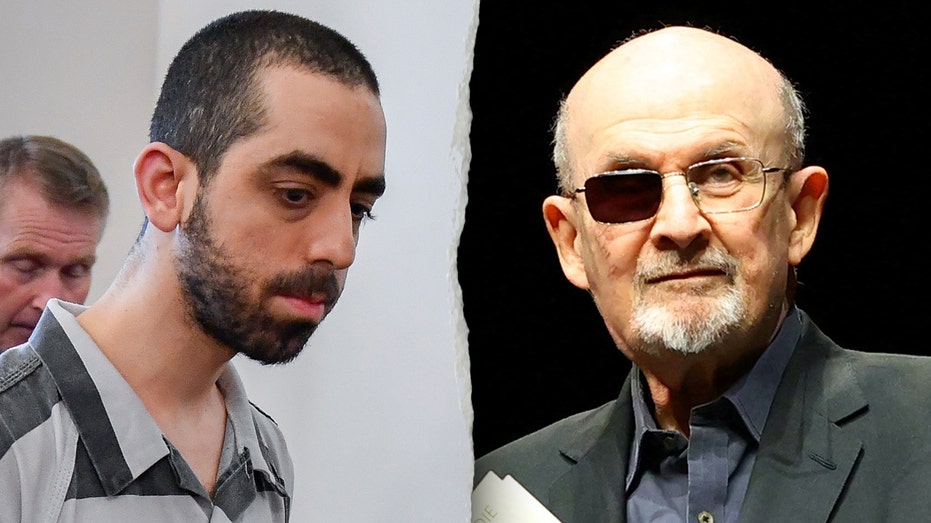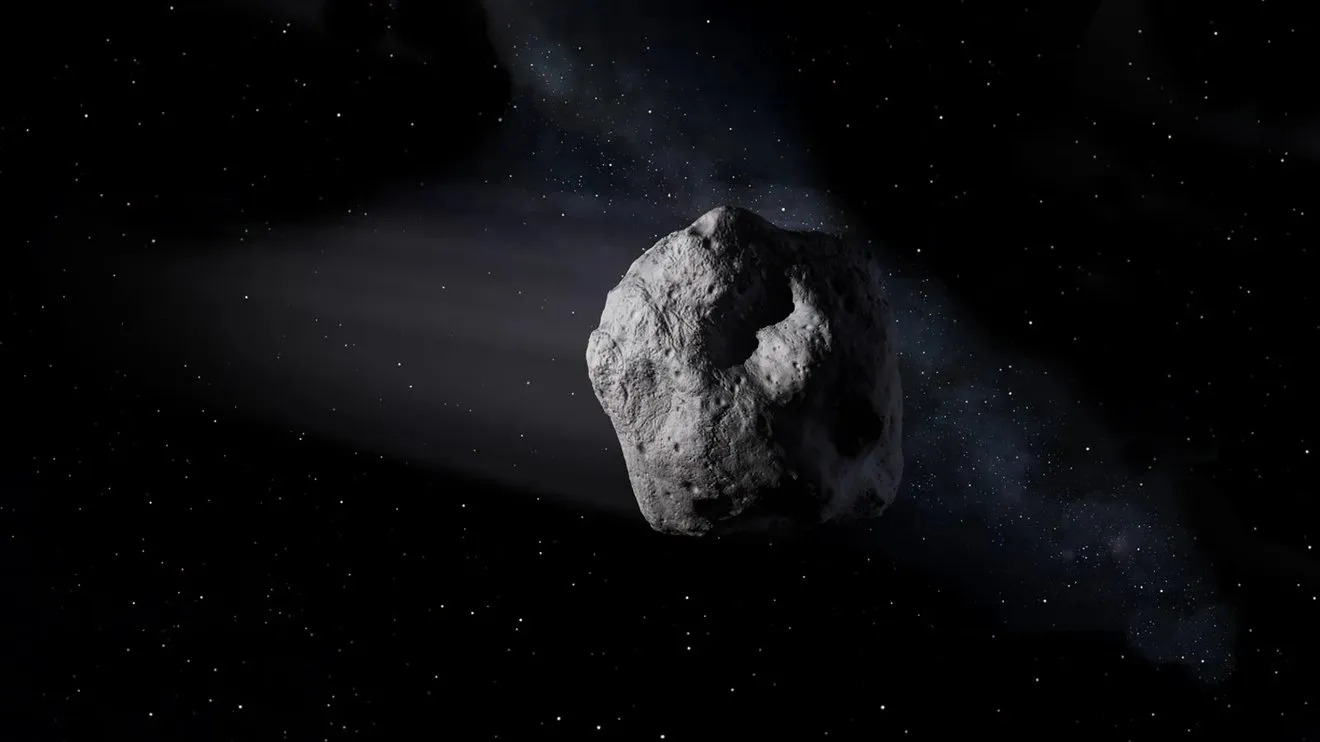‘The Chronology of Water’ Review: Kristen Stewart’s Expansive, Evocative Work of Cinematic Poetry
Cannes 2025: Imogen Poots gives a career-best performance in this bold adaptation of Lidia Yuknavitch's 2011 memoir The post ‘The Chronology of Water’ Review: Kristen Stewart’s Expansive, Evocative Work of Cinematic Poetry appeared first on TheWrap.

Actors turning to directing is nothing new, but it’s unlikely you’ve seen a performer’s directorial debut as boldly confident and emotionally precise as Kristen Stewart’s “The Chronology of Water.”
Where other performers have stuck to what they were familiar with from past roles or even cast themselves in key parts for their first film behind the camera, Stewart does neither. This is no safe vanity project, but one of immense passion that she has been trying to get made for the better part of a decade. We can now be glad she did; this is a formally ambitious and raw vision that not only does justice to the acclaimed memoir of the same name by Lidia Yuknavitch, but becomes a distinct work all its own. Visually haunting, with disquieting snapshots of pain, abuse and addiction giving way to something approaching tentative tranquility, it’s a film that establishes Stewart as an exciting new filmmaker who we can only hope to see more of.
This adaptation is raw in more ways than one — in that it reveals a raw nerve of emotion, but also because it is very much a first feature with Stewart feeling some things out. There are moments where it teeters on the edge of being blunt with the dialogue spelling things out more than it needs to or the direction overplaying its hand in how it keeps shifting the colors in a single scene. It’s less a biopic that follows a linear path and more one about embracing the connections that stick in our memories as we try to process what happened to us many decades later. The film does so via intense close-ups (rarely will you see an establishing shot be used), plenty of quick cuts, all-consuming sound design and visuals that plunge us into a more dreamlike state of being. It’s a film that isn’t afraid to disorient, even disturb, as the subject matter itself is often disorienting and disturbing. Similar to Yuknavitch’s writing, Stewart’s film is about understanding the pains of the past through art that openly and honestly reflects on all we carry with us.
Premiering Friday at the Cannes Film Festival, “The Chronology of Water” stars a never-better Imogen Poots as Lidia, a woman who turns to swimming and later writing as salvation from a childhood defined by abuse. We first get an understanding of this in the opening moments that pull us right into the character’s mind with voiceover narration and claustrophobic visuals. It’s potent work that explores her emotions with an ephemeral and evocative cinematic grammar from DP Corey C. Waters. Editor Olivia Neergaard-Holm (who previously cut this year’s body horror film “The Ugly Stepsister”) stitches it all together into something closer to psychological horror than a straight drama. It doesn’t do so in an exploitative way, as it still is attuned to character above spectacle, and instead finds small moments of grace amid the pain.
Sometimes, these elements mix. The way Stewart reverentially captures the water, which we see in the excellent opening shot as a place of quiet peace before it is broken by someone cutting through it, establishes it as Lidia’s escape. But her escape can also be poisoned with abuses from her swim coach, her father. Even as Lidia later gets a swimming scholarship to compete at the collegiate level, poison finds a way of dripping through. Stewart captures that steady, painful tension with scenes that crashing into each other like the wake Lidia leaves in the water. It’s fearless filmmaking that isn’t afraid to challenge its audience.
Operating in complete synchronicity with Stewart, Poots embodies Lidia’s many complexities. Whether it is when she is staring down her abusive father with grim resistance or beginning to fall into addiction to cope with her trauma, her multifaceted performance hits all the notes it needs to. Even when playing opposite a drunken Jim Belushi, who gives an excellent turn as Yukanavitch’s late mentor and writing partner Ken Kesey, Poots never gets swept away. She’s an arresting, grounding emotional force who makes the big swings the film takes hit home.
Through all of this, Stewart’s film is a work of art that, much like the memoir, is also about art as a way of healing. Her slow-burn treatment of the source material contends with how pain is a living, breathing history everyone carries with them. It’s not something that can be ignored, and not all poisons have easy antidotes. Stewart cuts into those themes with decisive and devastating care, showing how there can be a way to feel at home again in the water. It might take a lifetime — or as we see in Lidia’s story, many lifetimes within one. But that only makes it more essential for art to confront it in the first place.
The post ‘The Chronology of Water’ Review: Kristen Stewart’s Expansive, Evocative Work of Cinematic Poetry appeared first on TheWrap.

















![How to make Developer Friends When You Don't Live in Silicon Valley, with Iraqi Engineer Code;Life [Podcast #172]](https://cdn.hashnode.com/res/hashnode/image/upload/v1747360508340/f07040cd-3eeb-443c-b4fb-370f6a4a14da.png?#)



![[Virtual Event] Strategic Security for the Modern Enterprise](https://eu-images.contentstack.com/v3/assets/blt6d90778a997de1cd/blt55e4e7e277520090/653a745a0e92cc040a3e9d7e/Dark_Reading_Logo_VirtualEvent_4C.png?width=1280&auto=webp&quality=80&disable=upscale#)




























































